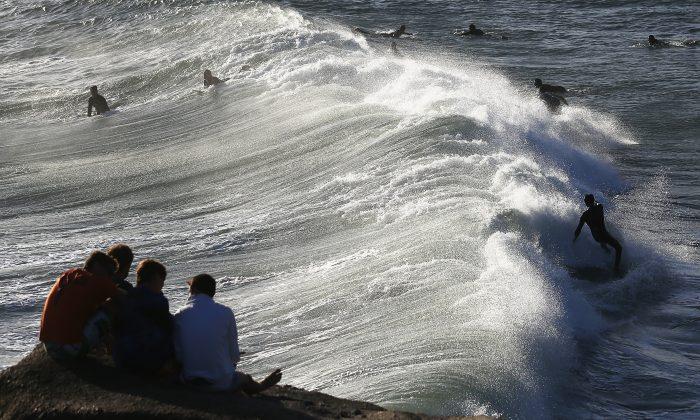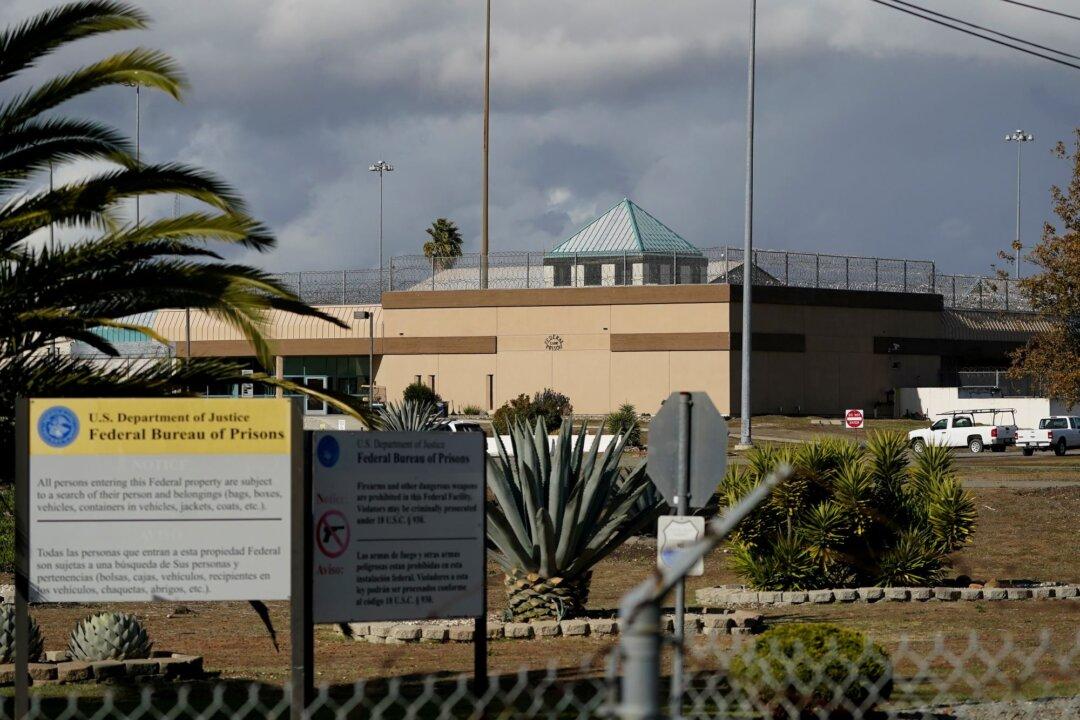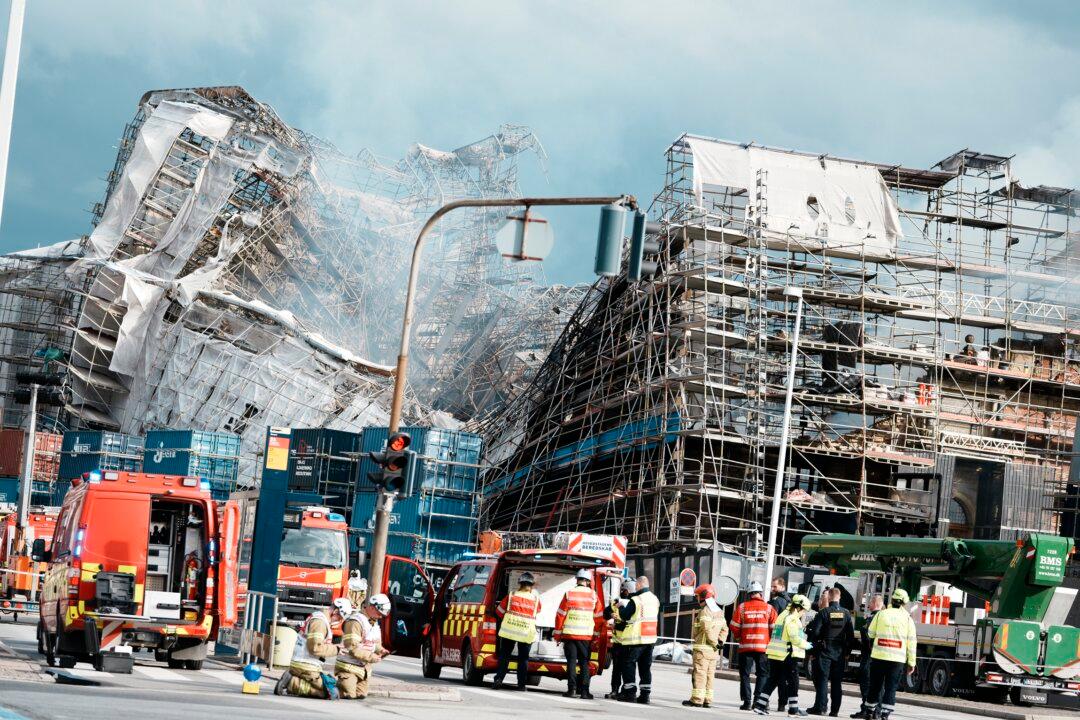RIO DE JANEIRO — Police attempts to recapture a drug trafficker who escaped from a Brazilian hospital have led to more than a week of deadly gunbattles in the slums of Rio de Janeiro, which is hosting the Olympics in August.
With violence raising concerns about security during the games, police near the Olympicbeach volleyball venue in Copacabana also told The Associated Press on Wednesday that a foot and other body parts had been found on the shore. The officers said the parts washed up from the sea, but offered no further details.
Ten people have been killed and about 50 schools have been shuttered over the past nine days because of shootings triggered by the police searches, the newspaper O Globo said. Police would not confirm the death toll, but said they had deployed 27 battalions of military police to various areas, including Rio’s downtown and its touristy southern area.
Nicolas Labre Pereira, nicknamed “Fat Family,” escaped June 19 when assailants stormed one of the hospitals recommended for tourists traveling to the OlympicGames. The raid to free the 28-year-old suspect left a patient dead and a nurse and an off-duty policeman wounded.
Other violence is also causing worries about safety during the Olympics. Last weekend, an off-duty bodyguard for Rio’s mayor was shot to death in an apparent mugging and a doctor was slain in her car on a main expressway. Earlier this month, members of the Australian Paralympic team were mugged at gunpoint.
Officials have warned that budget shortfalls may compromise security.
An estimated 85,000 police officers and soldiers will be patrolling the streets during theOlympics and Paralympics, but Rio de Janeiro state’s acting governor says the state is still waiting for 2.9 billion Brazilian reals ($860 million) from the federal government that is earmarked for security efforts.
“The financial aspect is the big problem of Rio’s public safety strategy,” said Andrei Rodrigues, a top security official at the Justice Ministry who is responsible for big events.
Killings in Rio increased to 2,036 in the first four months of the year, compared to 1,818 for the same period in 2015, according to a state tally that counts homicides, officer-involved killings and deaths as a result of robberies.






Friends Read Free